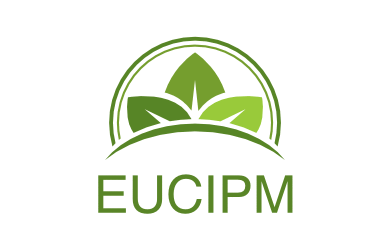
Please note that this event has been postponed to 11th April 2013
In many European countries today, the systematic use of pesticides is questioned because of their undesirable negative effects on ecosystems, animal species, and human health. As a result, in 2009 the European Parliament approved new European Union pesticides legislation that will see some 'active substances' (the chemical ingredients of pesticides) banned; in particular, the highly toxic chemicals that are known to cause cancer.
This legislation is limiting the number of pesticides farmers can use, thereby increasing the importance of Integrated Pest Management (IPM) as an alternative approach to crop protection.
NRI and the Enterprise Europe Network (EEN) are hosting an event on 11th April 2013, 'Biopesticides – the next big growth in the agricultural sector with market potential estimated at $1bn by 2017', that will bring together representatives from companies in different parts of the plant protection industry. It will provide an opportunity to hear from a range of pest management stakeholders on IPM and the drivers for change in pest management technologies and practices in European agriculture and horticulture.
"IPM is a sustainable approach to managing pests by combining biological, cultural and chemical tools in a way that minimises economic, environmental and health risks" - Cliff Ohmart, Vice-President SureHarvest, California USA speaking at the IPM knowledge platform ENDURE's 2008 International Conference.
NRI's European Centre for IPM argues the case for increased support for IPM research and development, to mitigate the negative impact of pesticide withdrawals on European food security.
There is a need for coherent and re-oriented efforts from the research community and development institutions as a great diversity of plant protection systems emerge throughout the EU in response to the ambitious scale of reduction in the use of chemical pesticides. New technologies and practices offered to producers will also be required to support the changes.
The event is aimed at stakeholders in the current and new technologies of biopesticides and IPM, including those involved with regulatory aspects, companies engaged in the manufacturing and supply chains that will be affected by changes in legislation, technology and associated farming practices, and of course the farmers themselves and representative bodies from the Agricultural Sector.
The EEN will facilitate a networking session to enable participants to make new contacts that might lead to both commercial and technology development partnerships.
Rory Hillocks, an expert in IPM from NRI's EUCIPM will be giving a talk during the event, alongside the International Biocontrol Manufacturers' Association (IBMA), the Chemical Regulation Directorate, East Malling Research and the Pesticide Action Network.
Venue: University of Greenwich Old Royal Naval College Park Row, London
Cost: FREE
Further Info: Sue Ramsden, University of Greenwich, Enterprise Europe Network South East UK Project Administrator +44 (1634) 883615
The agenda and booking instructions may be found here: http://www.enterpriseeurope-se.eu/xse/events/register.asp?eventid=115
More information about the legislation can be found on the ENDURE website here.



